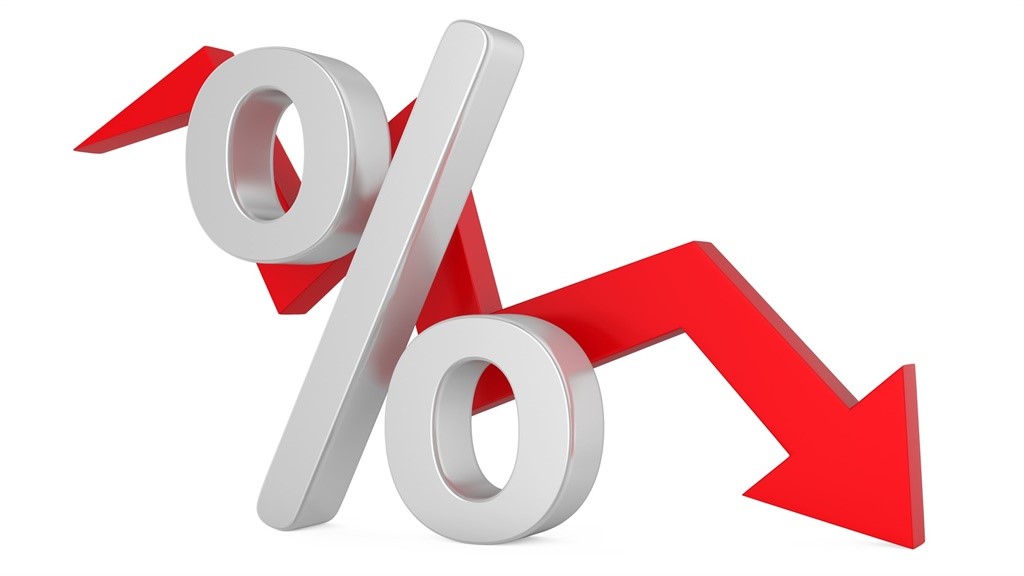- Boeing's defense unit chief Colbert is departing, CEO says
- FTC sues drug middlemen for allegedly inflating insulin prices
- Why Eli Lilly and Palo Alto Networks are both up on news from their competitors
- 401(k) savers can access one of the 'rare guarantees' in investing, CFP says
- Recharging mitochondria—nanoflowers offer a new way to simulate energy production to improve aging ailments

How this summer's heat waves may impact the economy
This sweltering summer has brought record-breaking high temperatures to 63 countries, all but cementing 2024's status as the world's hottest year on record (even though we're barely past the halfway point). Such extreme weather trends are bound to have serious implications for the environment, public health, and the economy.
Why, then, aren't economic indicators flashing bright red? Joseph (Han) Stice, assistant professor of accounting at the Donald G. Costello College of Business at George Mason University, has run the numbers on business and climate change. His recent working paper, co-authored by Marcus Kirk of University of Florida and Derrald Stice of University of Hong Kong, paints a picture of profound climate-related disruption underneath the placid-seeming surface of the economy.
For the years 1990 to 2020, the researchers compared quarterly sales performance from a large sample of U.S. firms to the temperature data at their base of operations. In this way, they constructed a measure of weather sensitivity, which they termed "weather beta," for each company in the initial sample. Specifically, they were looking at whether sales either benefited or suffered when local temperatures were higher or lower than the "ideal" of 65 degrees Fahrenheit.
"What they—'they' being the people who examine temperature—say is that if it's above 65, you turn on your air conditioning. If it's below 65, you turn on your heater," says Stice.
After restricting the sample to only those firms with discernible weather beta, they ended up with a data-set comprising 66,795 firm-quarters.


- September 20, 2024
PIC-owned Daybreak Farms gets R250m loan

- September 21, 2024
Public, private pension contributions rise to N11tn – Report


- September 20, 2024
Policy rate to go down between 1.0% and 1.5%

- September 20, 2024
What's Minneapolis' secret to fixing housing? Build more

- September 20, 2024
Inflation to ease to 19% in September 2024

- September 21, 2024
Everlight Solar Wins Best of Madison 2024

- September 21, 2024
Trailers and weighbridges: The untold story

- September 20, 2024
Top Treasury, Operation Vulindlela official quits

- September 21, 2024
NIA, firm seek investment in next generation of architects


- September 21, 2024
CBN withdraws monetary policy document
Subscribe to our mailing list to get the new updates!

Subscribe our newsletter to stay updated
Thank you for subscribing!

